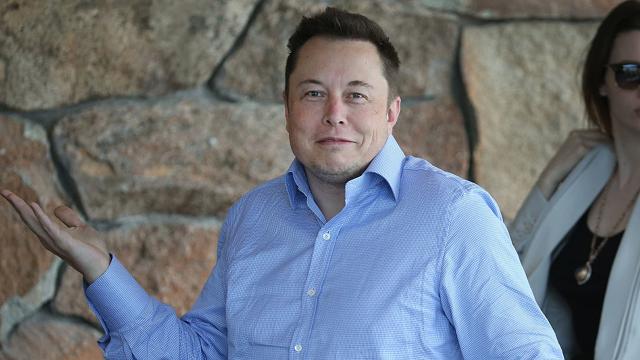Earlier this week Consumer Reports found that there were large flaws in the Tesla Model 3 sedan during their independent braking tests. Elon Musk quickly admitted to how this issues could be improved, but also hit back at the organisation.
Here’s what Consumer Reports had to say about the brakes:
“Our testers also found flaws – big flaws – such as long stopping distances in our emergency braking test and difficult-to-use controls.”
“The Tesla’s stopping distance of 152 feet from 60 mph was far worse than any contemporary car we’ve tested and about 7 feet longer than the stopping distance of a Ford F-150 full-sized pickup.”
Consumer Reports cites this, as well as wind noise and difficult-to-use controls, as the primary reasons for not giving the Model 3 a recommendation.
Elon Musk was initially defensive on Twitter, but later made assurances on Twitter that the braking issues can be fixed with a firmware update.
Very strange. Model 3 is designed to have super good stopping distance & others reviewers have confirmed this. If there is vehicle variability, we will figure it out & address. May just be a question of firmware tuning, in which case can be solved by an OTA software update.
— Elon Musk (@elonmusk) May 22, 2018
He also hit back at Consumer Reports on, saying they tested an older Tesla 3 model:
Also, Consumer Reports has an early production car. Model 3 now has improved ride comfort, lower wind noise & many other small improvements. Will request that they test current production.
— Elon Musk (@elonmusk) May 22, 2018
A Tesla spokesperson also sent this statement to Electrek:
Tesla’s own testing has found braking distances with an average of 133 feet when conducting the 60-0 mph stops using the 18” Michelin all season tire and as low as 126 feet with all tires currently available. Stopping distance results are affected by variables such as road surface, weather conditions, tire temperature, brake conditioning, outside temperature, and past driving behavior that may have affected the brake system. Unlike other vehicles, Tesla is uniquely positioned to address more corner cases over time through over-the-air software updates, and it continually does so to improve factors such as stopping distance.
This isn’t the first time that Consumer Reports has issued controversial scores when it comes to Tesla. In 2017 it downgraded the Model S and X over a lack of Automatic Emergency Braking (AEB), despite the feature only being days from being rolled out.
It will be interesting to see how things play out this time around.
[referenced url=”https://gizmodo.com.au/2018/05/nikola-is-suing-tesla/” thumb=”https://gizmodo.com.au/wp-content/uploads/2018/05/tesla-semi-410×231.jpg” title=”Nikola Is Suing Tesla” excerpt=”In November last year Tesla revealed the Tesla Semi – a fully electric truck that will have a range up to 800km and be able to haul a forty tonne trailer. It looks and sounds quite impressive, but the Nikola Motor Company (a zero-emissions truck startup) wasn’t so enthusiastic.
In fact, the company believes that the Tesla Semi is infringing upon several of its design patents. So it’s suing for $US2 billion.
Yeah, we are amused by the company names too.”]
